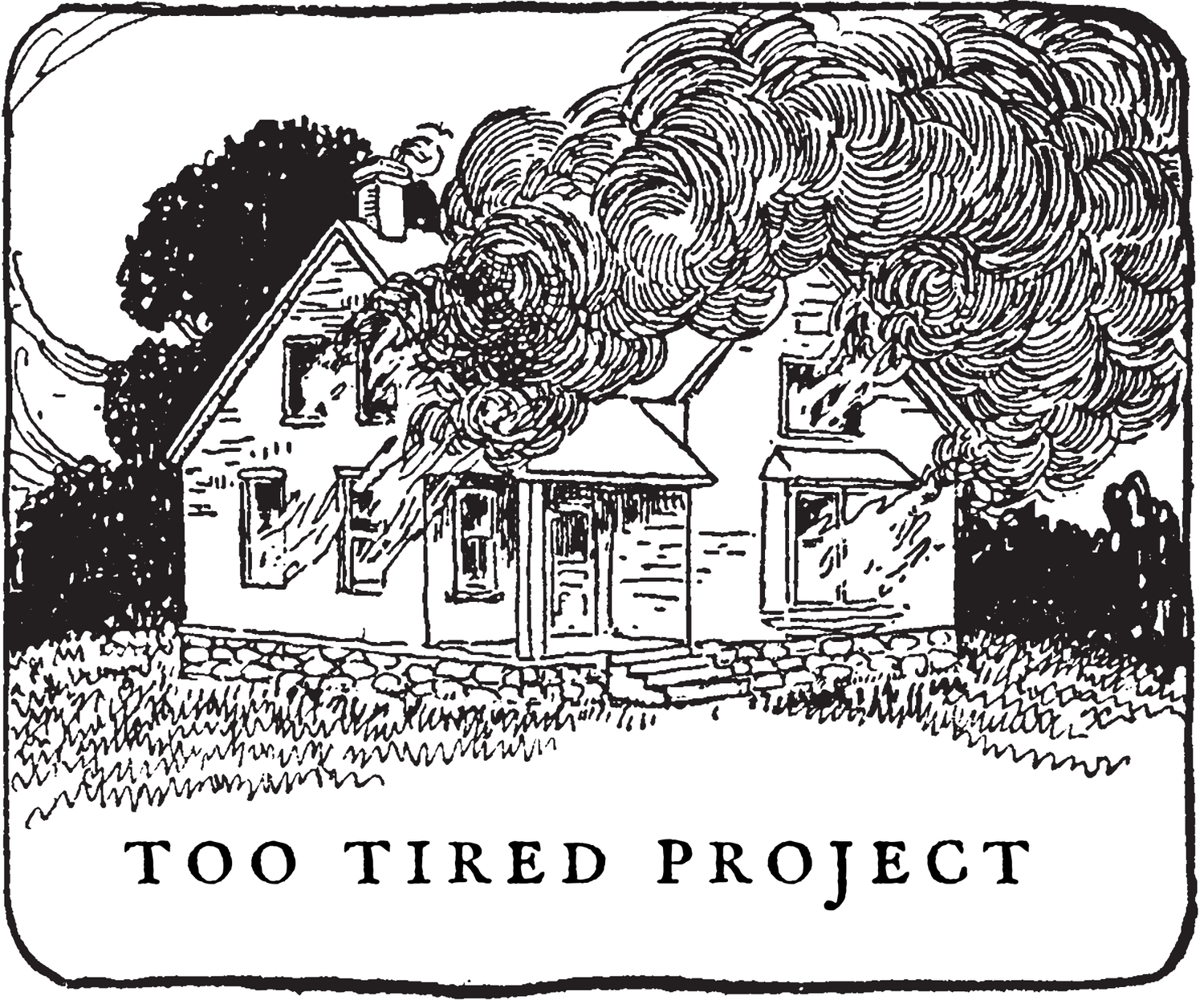Interview: Presley Rives on her practice and using journal entries to start the creation of ‘Until The Light Shines Again’
How did you begin this project?
Until the Light Shines Again originated from a daily journal practice I had started after being diagnosed with depression and experiencing one of the longest depressive episodes I have ever had. Every day I was writing down one reason to stay alive as a way to find things to look forward to in the near or distant future, and in turn, it slowly began to form the basis of this project. I had culminated over 100 reasons by the start of this work and I used these ideas to jump-start my image-making. It ended up becoming a documentation of my daily life rather than the monumental ideas I was writing in my journal, yet it helped me to understand, acknowledge, and work through the new diagnosis while finding a way to communicate to those around me what I was going through.
How does mental health or wellness factor in your work?
Mental health, more specifically depression, has been an underlying theme in a lot of my work. Although I rarely go into a project aiming to make it about mental health or my experience with depression, it always leads back to it. My projects draw from personal experiences and tend to reflect the mental state I am in during the time of creation, so even if I am not intentionally making photographs about the subject, there is always an underlying feeling that there is something deeper going on in the background.
What is your process like?
My process tends to change depending on the project. This one was more time-sensitive as it was created for an undergrad course, so I focused more on planning out my images rather than shooting in the moment. This project was also very limited location-wise as it was created in 2020 at the very start of the pandemic, therefore I was constricted to the confines of my childhood home. To start, I would draw out sketches in my notebook of what I imagined for the shot and would shoot multiple versions of the same image until I was satisfied with the outcome. I’m not usually one to plan out an image, especially when it comes to a project that was very vulnerable for me to create, but planning helped me stay on track for the time I had to complete it. In my normal practice, I shoot more freely and allow myself the time I need to develop an idea. I’m very much a wanderer and find the process more special when I shoot what calls to me rather than meticulously planning each image.
Was the process of creating this project helpful for dealing with the emotion you’re describing in your images?
This was my first project focused solely on my experience with depression and I found the process very healing. I found new ways to look at the world around me and felt like I finally had a way to express the thoughts I had trapped in my mind for years. The project was very freeing as it allowed me to step out of my comfort zone and create something that felt good to me, rather than focusing on what others wanted me to create. Until the Light Shines Again was one of my first photographic projects and is one that helped me grow not only photographically, but also helped me gain a better understanding of myself.
What is your relationship to photography?
I grew up with photography being a constant in my life, from photoshoots with my sisters as a child to attending art school, and now starting to make a career out of my love for the art. Photography is more than just a hobby to me and is truly something that keeps me going every day. I love creating and connecting with others who feel the same.
If readers would like to see more of your work, where can they do so?
You can see more of my work on my website, https://pnrives.myportfolio.com/work, or on my Instagram @presleynicole_photography!
Thank you so much to Presley Rives for taking the time to share her thoughts with Too Tired Project. All images used in this post are from her body of work titled ‘Until The Light Shines Again’.



